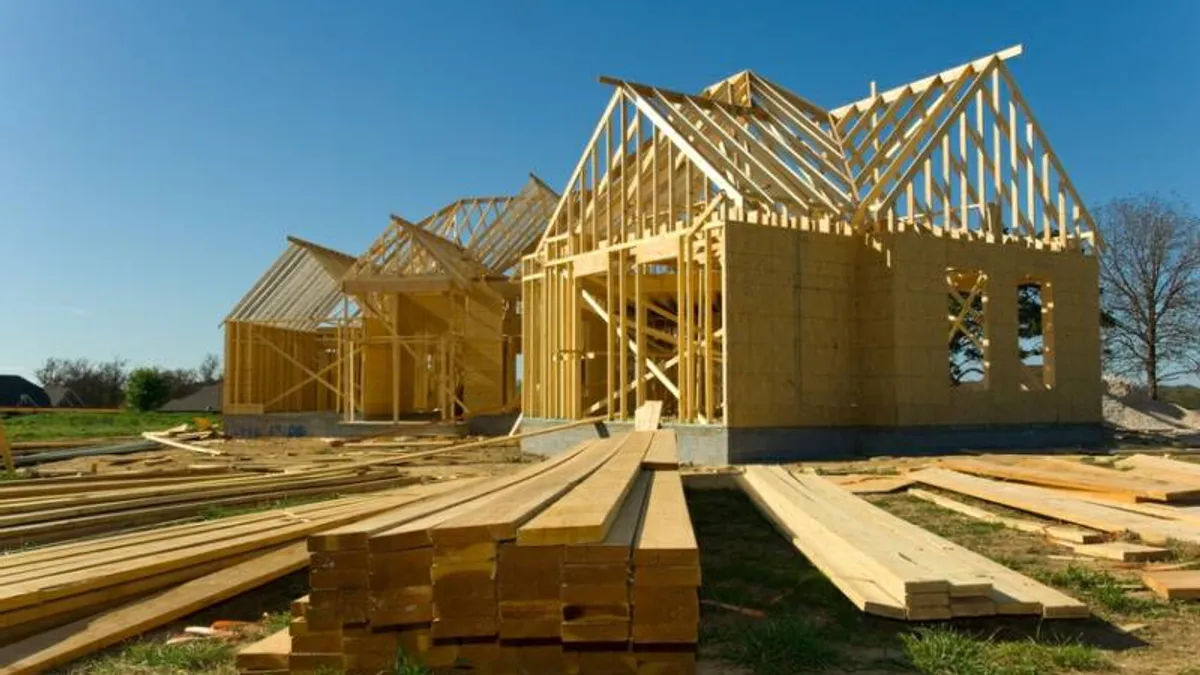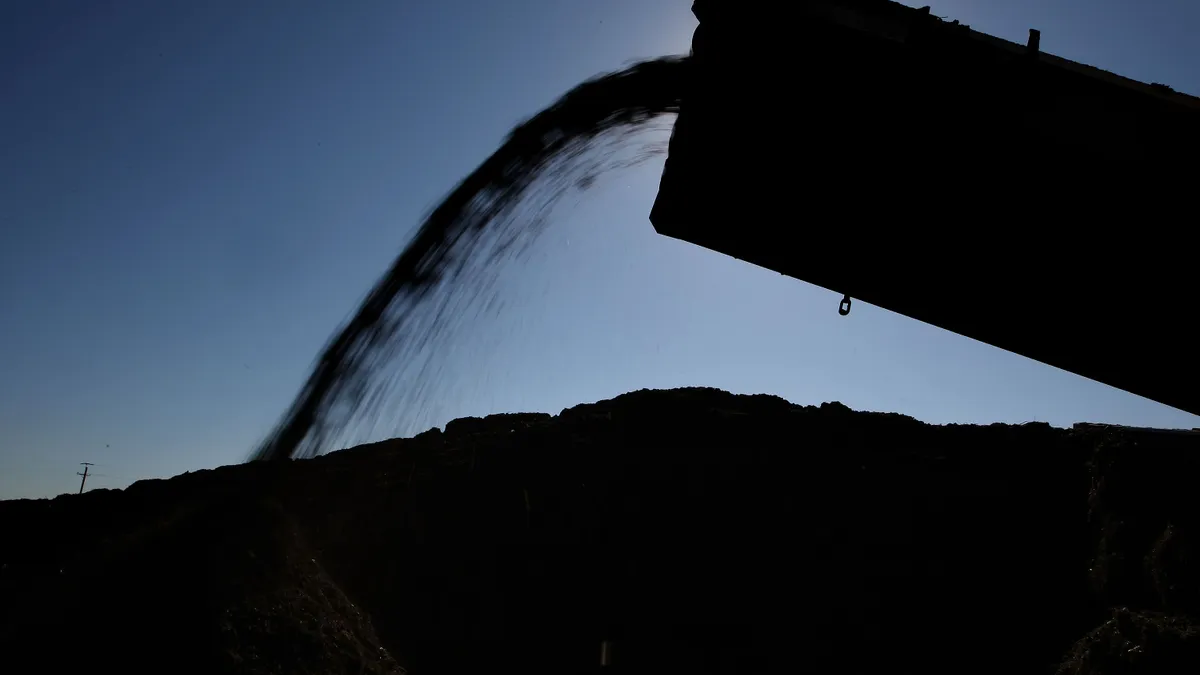UPDATE: Portland's demolition ban on homes built in or before 1916 went into effect on Nov. 1, as reported by Portland Business Journal. This is expected to divert about 8 million pounds of material from landfills per year and affect about 30% of homes that would be demolished. A study from the Northwest Economic Research Center estimates the policy could create 30-50 jobs and up to $1.5 million in local economic activity. The city may extend these requirements to homes built before 1940 by 2019.
Dive Brief:
- Portland, OR has become the first city in the country to ban the demolition of homes built in or before 1916 so building materials can be salvaged in the deconstruction process.
- The city estimates about 20% of landfill waste is material from building construction and demolition.
- Portland's City Council previously passed a resolution supporting the ban and will review changes to the city code this week. An official vote is expected in early July.
Dive Insight:
According to the city, one-third of the roughly 200 homes demolished in Portland last year were more than 100 years old. As the local real estate market becomes more expensive, land is highly attractive and the city has been looking for ways to reduce the amount of old homes being torn down. The city's mayor unsuccessfully proposed a $25,000 demolition tax and has now moved on to this option instead.
City officials say this new policy of careful deconstruction will mitigate the release of toxic substances such as asbestos and lead. They also say that reusing building materials will help reduce carbon emissions.
Depending on how material reuse from old homes is quantified this demolition ban could help the city boost its diversion rate. At 60% the rate is high compared to many other cities, but numbers have fluctuated in recent years. While the amount of waste generated per person has declined, the recovery of materials such as paper, wood, and scrap have as well.













